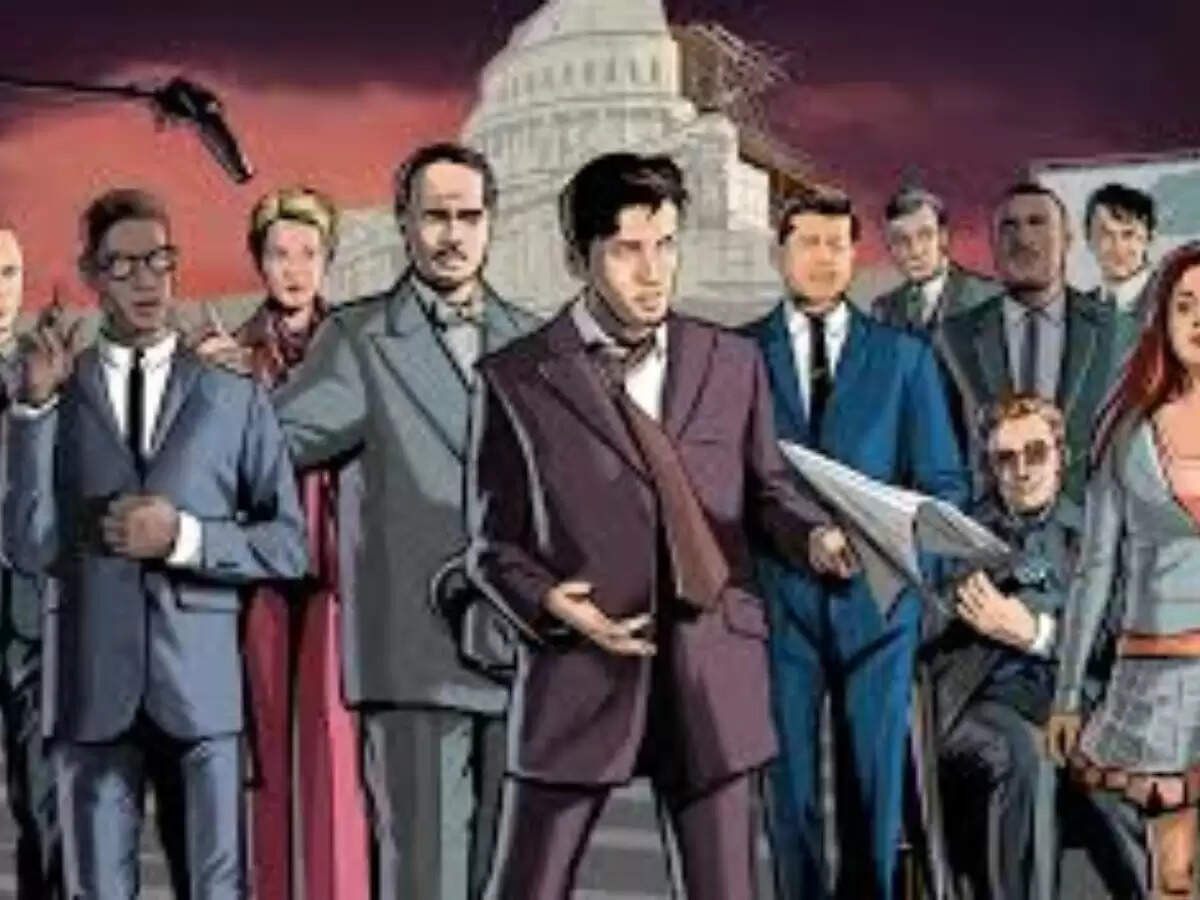Political thrillers: When cinema held a mirror to politics

A1 Digital India News: We all understand the importance of TV and film in their art of taking us out of everyday stress and also shutting out the noise of sweeping, game-changing political and social change in the world. But at other times, your mind wanders and you're too caught up in the day's news, trying to read and watch everything, trying to make sense of everything but it all seems like white noise
That's why political thrillers have always existed in the meantime. They show that in the spur of the moment and in the imagination, truth can be uncovered. Hollywood storytellers often do well with the political climate, which is remarkable when you consider that a production takes at least two years to go from one pitch to the next.
If you look at the history of political stories, you can almost always sense what was going on in the world at the time of creation. Mr. Frank Capra. Mr. Smith Goes to Washington may have been based on a story inspired by a 1920s corruption scandal, but with the release of Capra's film in 1939, it arrived at a tumultuous time in global affairs.
Nazi Germany had invaded Poland just two months earlier, but fascism had been advancing in Europe for years. What better moment for a film to ultimately reinforce the power of American democratic ideals by examining and resolving the challenge of corruption? Mr. Smith Goes to Washington may acknowledge that the system of government is not immune to malign forces, but it believes that the redemptive powers of an individual can be held accountable.
By the early 1970s, the American public was tired of the Vietnam War, still recovering from the political assassination of Martin Luther King Jr. and John F. and Robert Kennedy, and their faith in their institutions was shaken by the Watergate scandal and the resignation of Richard Nixon was nearing its end.
In the years that followed, Hollywood adapted to the national mood and released some of the most iconic paranoid conspiracy thrillers. Three Days of the Condor was released in 1975, followed by The Parallax Vision (1974), Conversation (1974), Chinatown (1974) and All Male Chiefs (1976).
But Bill Clinton's sex scandal, which began during his campaign long before Monica Lewinsky, still resonates. Political films of the era were more comedic and satirical - Primary Colors (1998), Dick (1999), Dave (1994) and Election (1999). The timing of Wag the Dog (1997) is almost perfect, coming out a month before the Lewinsky scandal broke. The film depicts a fake war designed to distract attention from the president's sex scandal.
Famously, The West Wing, which premiered at the end of Clinton’s term, was considered progressive wish-fulfillment of a principled, sex-scandal-free Democratic presidency. The fraught realignment of September 11 has spawned a number of political thrillers, including Homeland, Battlestar Galactica, 24 Years and V for Vendetta, which attempt to grapple with the philosophical question of how you deal with the moment when your base instinct screams revenge.
